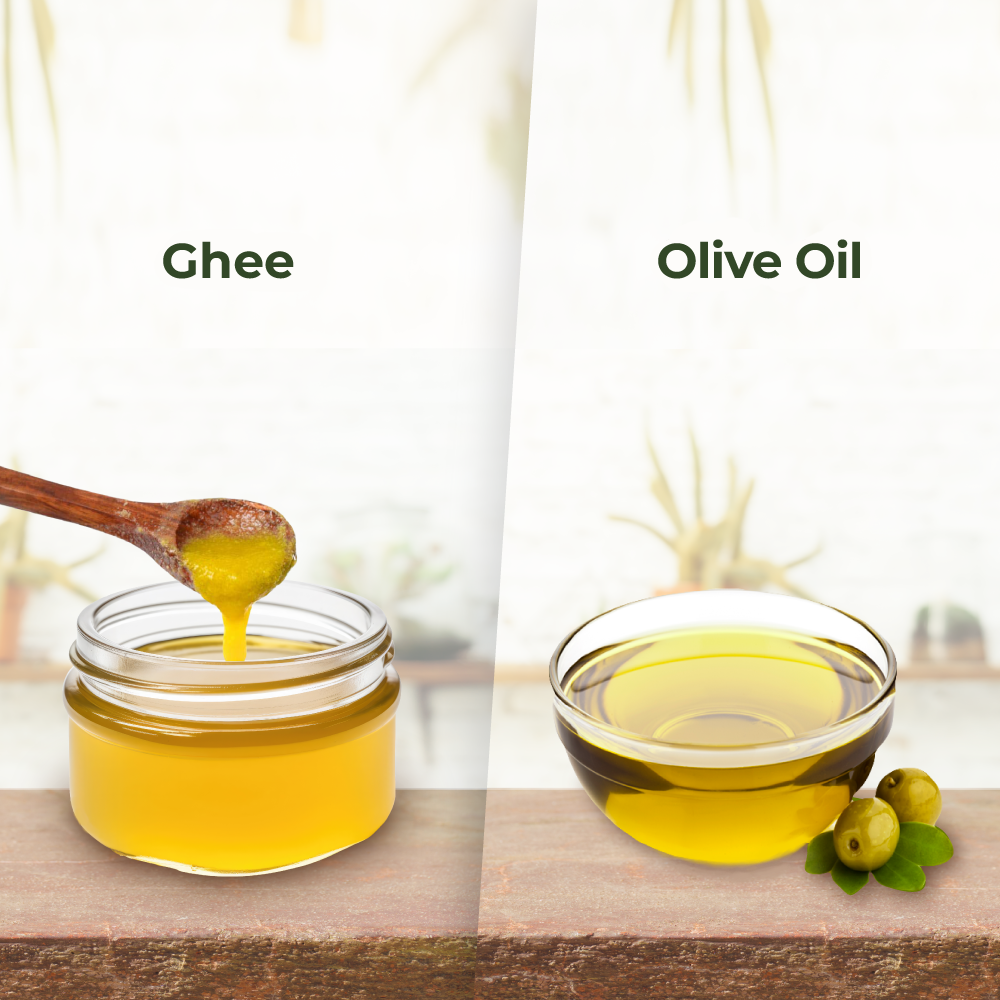Winter brings with it chilly weather and a need for nourishment that not only keeps us warm but also strengthens our immune systems. Among the many seasonal superfoods, jaggery stands out as a traditional favorite, particularly in India. Made from sugarcane juice or palm sap, jaggery is packed with nutrients that offer numerous health benefits. In this blog, we’ll explore how sugarcane jaggery, jaggery powder, and organic jaggery help boost immunity and keep you warm during winter.
What is Jaggery?
Jaggery is a natural, unrefined sweetener widely used in India and other parts of the world. It’s typically made from boiling raw sugarcane juice or the sap of palm trees until it solidifies into a block or granules. Unlike refined sugar, jaggery retains essential minerals and vitamins such as iron, magnesium, and potassium. This gives it a distinct nutritional edge over sugar.
Jaggery comes in several forms, including solid blocks and granulated organic jaggery, all of which are packed with health benefits. While jaggery is particularly popular in winter, it can be consumed year-round for its myriad health benefits.
Jaggery Nutrition: A Look at the Nutritional Profile
One of the reasons jaggery is considered a superfood is due to its rich nutritional profile. It is far more than just a sweetener; it is loaded with micronutrients that promote overall health. Jaggery contains:
- Iron: A crucial mineral that helps in the production of hemoglobin, improving blood circulation and preventing anemia.
- Magnesium: Supports the nervous system and helps regulate body temperature, making it particularly useful in winter.
- Potassium: Balances electrolytes and supports muscle function.
- Phosphorus: Vital for strong bones and teeth.
- Antioxidants: Help combat oxidative stress and reduce inflammation.
This combination of nutrients not only boosts overall health but also enhances immunity, making jaggery a perfect addition to your winter diet.
Jaggery Calories: How Much is Too Much?
When comparing jaggery to refined sugar, it’s important to consider their calorie content. One tablespoon of jaggery contains approximately 60 calories, which is slightly more than the same amount of refined sugar (49 calories). However, the additional nutrients found in jaggery make it a healthier alternative despite its higher calorie content.
While it’s tempting to consume a lot of jaggery, especially during winter, moderation is key. Excessive consumption can contribute to weight gain due to its high-calorie content. Stick to reasonable portions to enjoy the benefits without overloading on calories.
Benefits of Eating Jaggery in Winter
1. Boosts Immunity
Jaggery is rich in antioxidants and minerals like zinc and selenium, which help to strengthen the immune system. The presence of iron also contributes to better circulation, ensuring that your body is well-prepared to fight off infections during the colder months. Consuming a small amount of jaggery daily can help keep common colds, coughs, and the flu at bay.
2. Keeps You Warm
Jaggery is a natural source of heat, helping to regulate body temperature. It improves blood circulation, ensuring that warmth reaches every part of the body. Consuming jaggery in winter dishes, like tilgul (sesame and jaggery balls) or gajak, not only satisfies your sweet tooth but also keeps you cozy and warm.
3. Aids Digestion
During the winter months, the digestive system can slow down, leading to bloating or constipation. Jaggery stimulates the secretion of digestive enzymes and helps in the smooth movement of food through the digestive tract. Many people eat a small piece of jaggery after meals to aid digestion and prevent constipation.
4. Detoxifies the Liver
Jaggery acts as a natural detoxifier, helping to cleanse the liver by flushing out harmful toxins from the body. This detoxification process is crucial in maintaining overall health and boosting metabolism, especially when the body tends to slow down in winter.

Why Choose Organic Jaggery?
Organic jaggery is made using traditional methods without the use of chemicals or additives. It is a more natural and unrefined form of jaggery, ensuring that all the beneficial nutrients remain intact. Organic jaggery is not only healthier but also more sustainable, as it is produced in an environmentally-friendly manner.
If you're looking for high-quality, pure natural jaggery to incorporate into your diet, check out Crushed Organic Jaggery (500 gms). This product is perfect for those who prefer a more granular form of jaggery, making it easy to use in teas, desserts, and various dishes.
How Jaggery Helps Boost Immunity
Winter is synonymous with colds, coughs, and the flu, making it more important than ever to maintain a strong immune system. Jaggery’s immune-boosting properties come from its rich content of micronutrients like zinc and selenium. These nutrients help fight off infections by promoting the production of white blood cells, which are essential for a robust immune response.
The high antioxidant content in jaggery also plays a role in boosting immunity. Antioxidants help neutralize free radicals, reducing oxidative stress and lowering inflammation in the body, which further enhances the immune system’s ability to fight infections.
Why is Jaggery Good for Digestion?
Winter often brings with it digestive discomfort, as the colder temperatures can slow down metabolism and affect gut health. Jaggery is an excellent remedy for such digestive issues. Consuming a small amount of jaggery after meals stimulates the secretion of digestive enzymes, which aids in the breakdown of food and ensures smoother digestion.
Additionally, jaggery is rich in dietary fiber, which helps in preventing constipation and promoting bowel regularity. It acts as a mild laxative and is especially beneficial during winter when digestive issues are more common due to heavier, richer foods being consumed.
Incorporating Jaggery into Your Diet
There are numerous ways to incorporate jaggery into your daily diet. Whether in its solid form or as jaggery powder, this versatile sweetener can be used in a wide variety of dishes.
- In Tea or Coffee: Instead of using sugar, add jaggery to your tea or coffee for a rich, caramel-like sweetness.
- In Desserts: Jaggery is often used in traditional Indian sweets like tilgul, gajak, and puran poli. You can also substitute jaggery for sugar in modern desserts like cakes and cookies.
- As a Post-Meal Sweet: Many people enjoy a small piece of jaggery after a meal, not just for its sweet taste but also for its digestive benefits.
- In Porridge and Oats: Jaggery pairs well with warm, hearty breakfast dishes like porridge and oats, making for a nutritious and warming meal.
Conclusion
Jaggery is a time-honored winter superfood that not only satisfies sweet cravings but also offers a host of health benefits. From boosting immunity to keeping you warm and aiding digestion, this natural sweetener is a must-have during the colder months. Whether you opt for sugarcane jaggery, organic jaggery, or jaggery powder, you can be sure that you’re giving your body the nutrients it needs to stay healthy.
Don’t forget to check out Crushed Organic Jaggery (500 gms) for a high-quality option that’s perfect for all your culinary needs this winter.












